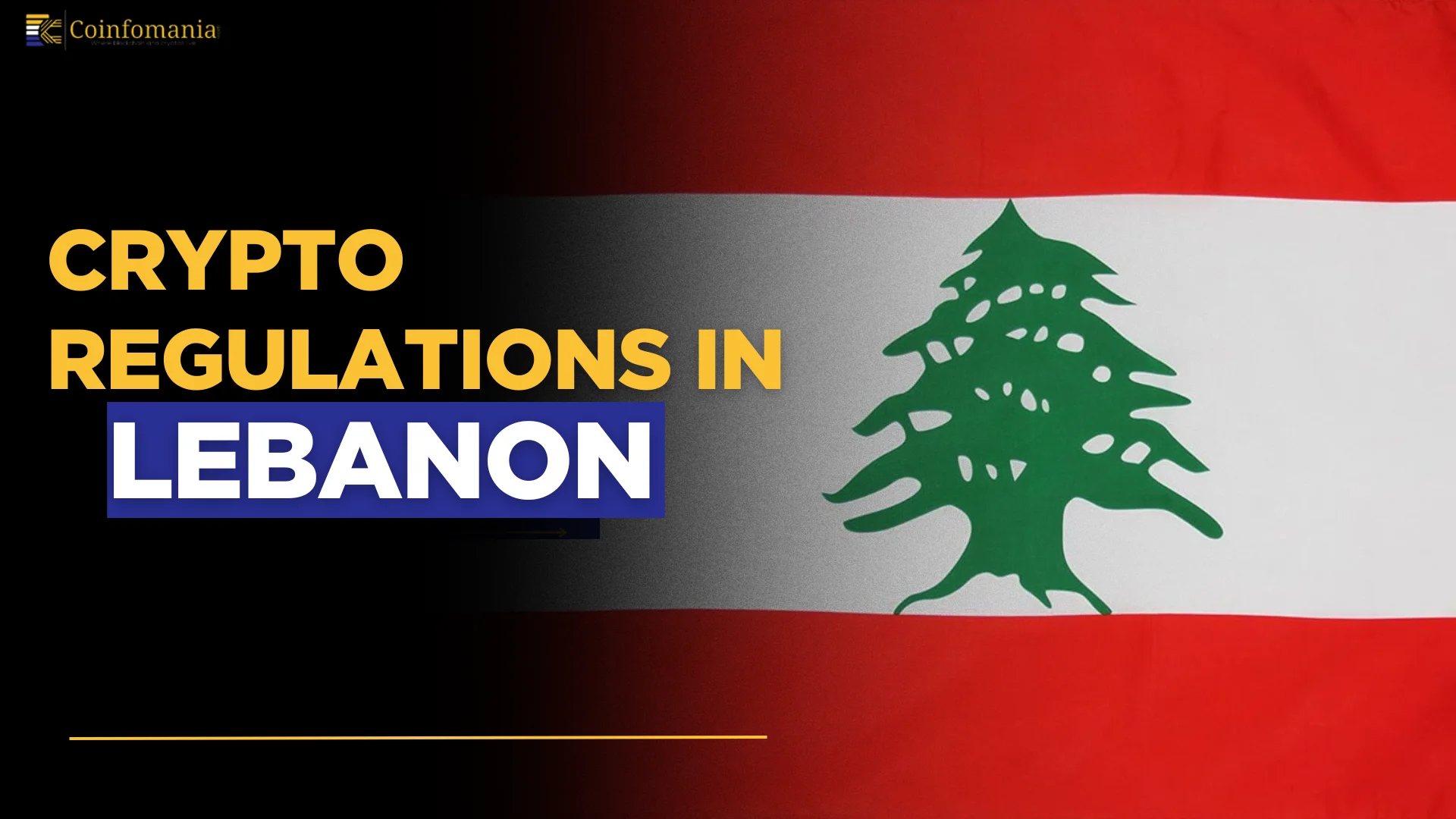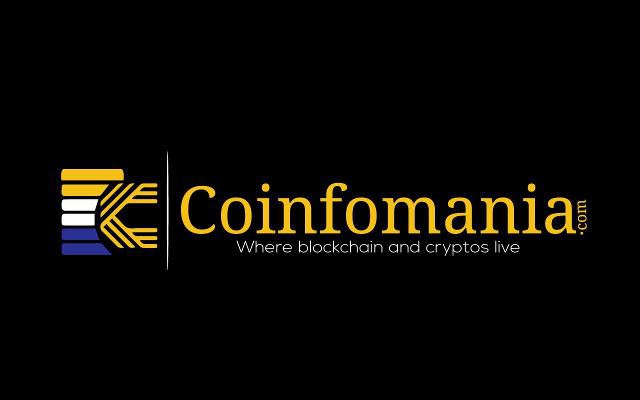Cryptocurrency Regulation in Lebanon
0
0

Lebanon has a regulatory gray status regarding cryptocurrencies, which have neither been declared unlawful nor formally recognized. The Banque du Liban (BDL) prohibits its banks from handling any transactions related to cryptocurrency; however, the ban is not enforced against peer-to-peer trading. Most activities “informally” occur without licensing or consumer protections, usually facilitated through OTC markets or Telegram groups, where USDT hedges against a collapsed Lebanese pound.
While a central bank warning of risks still prevails, despair in the economy fuels the situation in favor of adoption. Without clear taxation or AML rules, the use of the domain is risky for the users. Yet there are still talks of possible regulations as the IMF is causing great pressure and cryptocurrencies are increasingly relied upon.
Historical Context
Lebanon’s relationship with cryptocurrency has evolved through crisis-driven necessity rather than policy. In 2013, the Banque du Liban (BDL) instituted a banking prohibition on crypto transactions, reflecting global skepticism of that era.
The 2019 financial meltdown became a turning point as the Lebanese pound lost over 90% of its value. This led citizens increasingly turned to P2P crypto markets, particularly for dollar-pegged stablecoins.
Although no formal legalization was made by 2024-2025, agencies nevertheless adopted practices of practical tolerance with respect to crypto operations as necessary remittances and preservation of savings, thereby creating unofficial but critical lifelines within the economy for the people.
Regulatory Framework
Lebanon’s cryptocurrency management landscape continues to be fragmented and restrictive, at best, not owing to proactive policy-making, but rather by the realities of the financial crisis. The framework operates through the following two prime institutions:
- Banque du Liban (BDL): It still carries out its prohibition from 2013 on cryptocurrency transactions involving banks.
- Banking Control Commission (BCC): Monitors informal cryptocurrency operations but lacks enforcement capacity.
The legal landscape presents contradictions:
- No specific crypto laws exist, creating regulatory ambiguity.
- Informal P2P markets flourish despite the banking ban.
- Stablecoins (particularly USDT) dominate trading volumes as dollar substitutes.
- No licensing system exists for exchanges or wallet providers.
This regulatory framework has effectively pushed cryptocurrency activities underground, with failure to prevent widespread adoption thereof. As far as the BDL’s warning is concerned, it holds little weight in practice, as citizens have chosen to prioritize their financial survival over the law. Hence, it constitutes a high-risk environment for crypto without formal recognition or consumer protections, but for the Lebanese, it is seen as a necessary means to avoid a collapsed banking system.
Lebanon’s Crypto Policies
Lebanon maintains a contradictory stance on cryptocurrency—officially restrictive but practically permissive due to economic collapse. The Banque du Liban (BDL) enforces a strict banking ban on crypto transactions (since 2013), blocking formal exchanges. Yet, no KYC/AML rules apply to rampant P2P trading, creating an unregulated shadow market.
For taxation, no clear crypto laws exist; assets are treated like foreign holdings, avoiding explicit tax liability. However, capital controls (max $400/month withdrawals) force users into risky OTC trades. While the BDL warns against crypto, the policies fail to curb adoption, as citizens prioritize survival over compliance.
Key Impacts:
- Banks frozen out of the crypto economy.
- Tax ambiguity benefits users in the short-term.
- Dollarized stablecoins (USDT) become lifeblood.
Lebanon’s Approach to Crypto Innovation
In the absence of formal support, Lebanon’s crypto ecosystem has developed through pure necessity rather than innovation policy. With no government blockchain initiatives and no central bank digital currency (CBDC) plans, adoption has flourished through:
Community-Led Solutions:
- Telegram groups and face-to-face P2P networks now handle most crypto trades.
- USDT serves as Lebanon’s unofficial digital dollar.
Case Studies Driven by Crisis:
- Most often used for hedging against inflation and sending remittances abroad.
- There is little speculation in trading due to limited liquidity.
Structural Limitations:
- No regulatory sandboxes or startup incubators.
- Banking isolation prevents institutional participation.
The Banque du Liban’s singular focus on stabilizing the collapsed pound (LBP) has created a vacuum where crypto operates as a parallel financial system – unregulated but indispensable. This bottom-up model demonstrates how populations can self-organize monetary solutions during state failure, though with heightened risks of fraud and volatility exposure.
Notable Challenges and Issues
Despite some semblance of formality, Lebanon’s crypto market is riddled with serious structural impediments that serve as barriers to safe adoption and growth. Such challenges emanate from the country’s financial crash and regulatory vacuum.
- Banking isolation forces risky cash-only trades.
- No consumer protections against scams/hacks.
- Legal uncertainty blocks institutional investment.
- Extreme USDT premiums due to dollar shortages.
- Capital controls restrict fiat access ($400/month limit).
These issues collectively throw Lebanese crypto activities into high-risk informal sectors, limiting their chances of becoming real financial alternatives to anything else. The lack of formal regulatory reform will never allow any maturity beyond this highly risky state.
Key Regulatory Trends and Future Outlook
Lebanon’s cryptocurrency landscape faces potential transformation amid growing regulatory pressures. The IMF may push for crypto oversight as part of financial reforms, while OTC markets for USDT/LBP trades continue expanding to meet dollar demand. A possible licensing framework by 2026-2027 could formalize exchanges, though banking restrictions may persist.
The market is showing steady growth, projected to generate $7.0 million in revenue in 2025, rising to $7.3 million by 2026 (4.55% CAGR). By 2026, there are expected to be 430,800 users, and with the average revenue per user at $16.90, these factors are very much lending strength to crypto-focused financial access. However, the central bank’s resistance and economic fragility create uncertainty, leaving Lebanon’s crypto future balanced between formal regulation and informal necessity.
Conclusion
The crypto market in Lebanon is growing not through a system of law or policy implementations but through a system of necessity. While there is IMF pressure for regulation, it is banking restrictions and BDL skepticism that are likely to maintain these currencies mainly as informal lifelines rather than a structured financial solution, where users are left vulnerable, yet resourceful considering the scenario of economic collapse.
FAQs
1. Are crypto-to-crypto trades taxable in Lebanon?
There are no clear tax laws covering crypto transactions. The government currently lacks mechanisms to track or tax peer-to-peer crypto trades between individuals.
2. Can Lebanese businesses legally be engaged in paying wages in cryptocurrency?
It is not so; no salary can be paid in crypto by the Banque du Liban. However, all wages must be paid in Lebanese pounds: some employers go ahead using informal USDT transfers bypassing the banking channel.
3. Do Lebanese courts recognize smart contract disputes?
No formal precedent exists. Contract enforcement remains challenging as Lebanese law doesn’t yet recognize blockchain-based smart contracts as legally binding agreements.
4. Can tourists legally cash out crypto at Beirut exchange shops?
Yes, but only in person with passport verification for transactions over $1,000 due to anti-money laundering guidelines applied to all cash exchanges.
5. Are crypto donations to Lebanese NGOs permitted?
While not illegal, most NGOs avoid crypto donations due to banking restrictions that prevent converting them to usable fiat currency for operations.
6. How does Lebanon treat crypto earned abroad by citizens?
Foreign-earned crypto falls into a legal gray area. While technically taxable as foreign income, enforcement remains impossible under current regulations.
7. Does Lebanon’s financial crisis law affect crypto holdings?
The 2023 Banking Secrecy Law amendments don’t explicitly mention crypto, leaving assets theoretically protected though the banking ban prevents formal custody solutions.
8. Do Lebanese insurance companies offer coverage for crypto assets?
No domestic insurers provide crypto wallet or exchange coverage. Some international providers offer limited protection but require proof of ownership that’s difficult to establish under current regulations.
9. Are there any crypto mining operations in Lebanon?
Small-scale mining exists despite power shortages, but no commercial operations due to electricity costs and lack of regulatory framework for miners.
10. Do Lebanese universities offer blockchain degrees?
No accredited programs exist yet, though some computer science courses now include cryptocurrency modules as elective components.
The post Cryptocurrency Regulation in Lebanon appeared first on Coinfomania.
0
0
 Manage all your crypto, NFT and DeFi from one place
Manage all your crypto, NFT and DeFi from one placeSecurely connect the portfolio you’re using to start.





